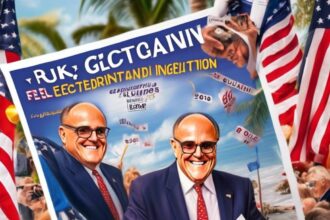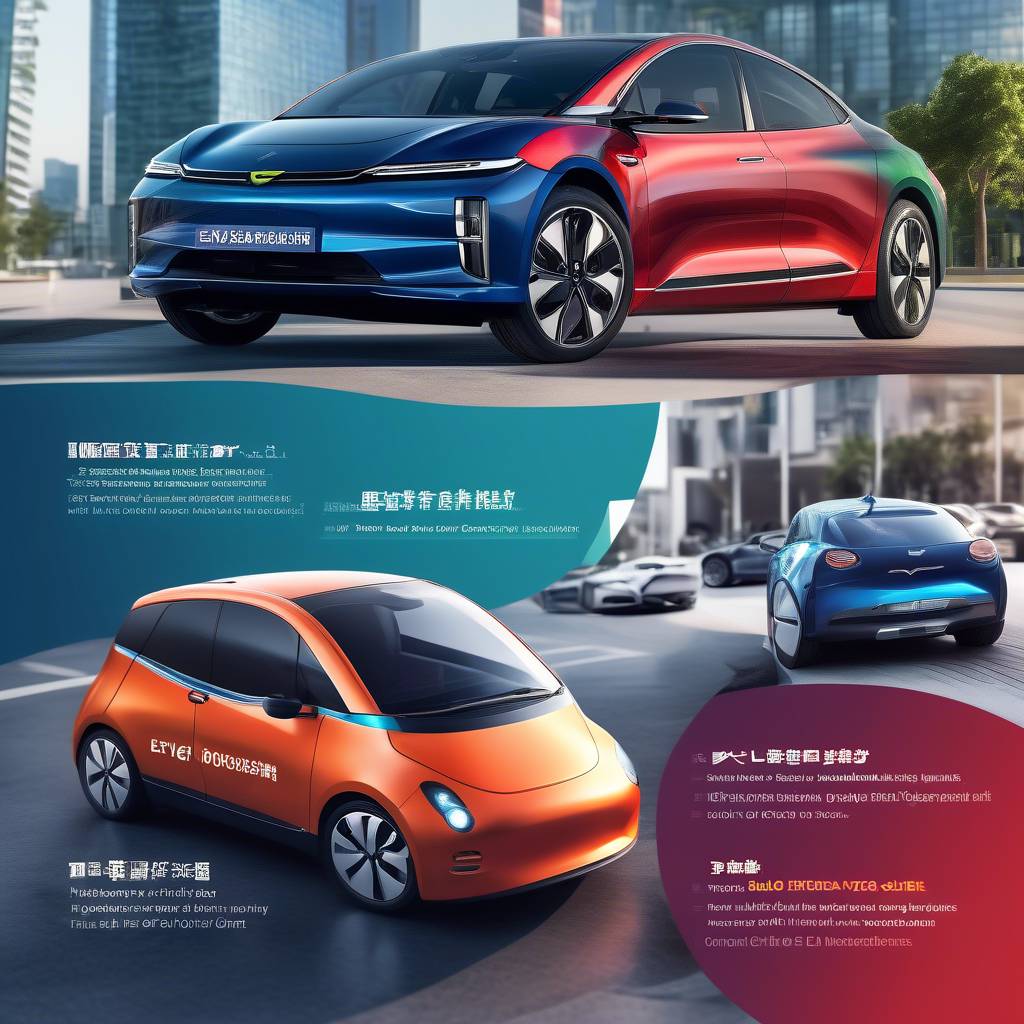The Treasury Department has released final rules regarding the U.S. strategy on electric vehicles, extending the clean vehicle tax credit of up to $7500 and loosening regulations on tracing battery components to their point of origin. Certain battery materials that are deemed impracticable to trace can now be temporarily excluded from restrictions on sourcing from Foreign Entities of Concern (FEOC) until 2027, giving U.S. auto manufacturers time to adjust their supply chains without immediate penalties. This allows manufacturers sourcing low-value materials from countries like China, Russia, and North Korea to find alternative technologies or sources by 2027.
The new rules introduce a “traced qualifying value add test” to determine qualifying critical mineral content. Manufacturers will need to audit their supply chains and calculate the value-added percentage for extraction, processing, and recycling of critical minerals like lithium, cobalt, and nickel. The goal is to ensure that minerals used in EV batteries are not sourced from FEOCs long-term and that the extraction, processing, and recycling are in line with U.S. economic and security interests. This policy requires rigorous documentation and verification, necessitating manufacturers to trace their supply chains back to the origin of extraction.
The Biden administration’s strategy aims to balance economic and security interests regarding critical minerals for electric vehicles. By threading the needle between avoiding financing geopolitical adversaries through mineral purchases and allowing American EV manufacturers time to shift supply chains and develop competitive technologies, the U.S. can reduce its dependency on materials sourced from contentious foreign adversaries. This approach recognizes that supply chain shifts require flexibility and time to avoid potential negative impacts.
The implementation of the Traced Qualifying Value Add Test will require manufacturers to carefully track their supply chains and ensure that critical minerals are sourced responsibly. By enhancing transparency and integrity in the supply chain, the U.S. aims to reduce its reliance on contentious foreign sources and promote the sustainable extraction, processing, and recycling of critical minerals. This strategy aligns with national economic and security interests, ensuring that EV batteries are sourced responsibly and ethically.
Overall, the U.S. is taking steps to strengthen its position in the electric vehicle market by emphasizing responsible sourcing and supply chain transparency. By extending the clean vehicle tax credit and allowing manufacturers time to adjust their supply chains, the U.S. aims to support the growth of the EV industry while reducing its reliance on materials from geopolitical adversaries. These policies reflect a careful balance between economic growth and national security interests, ensuring that American manufacturers can compete globally while upholding ethical and sustainable practices.









